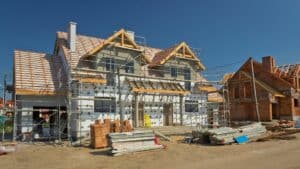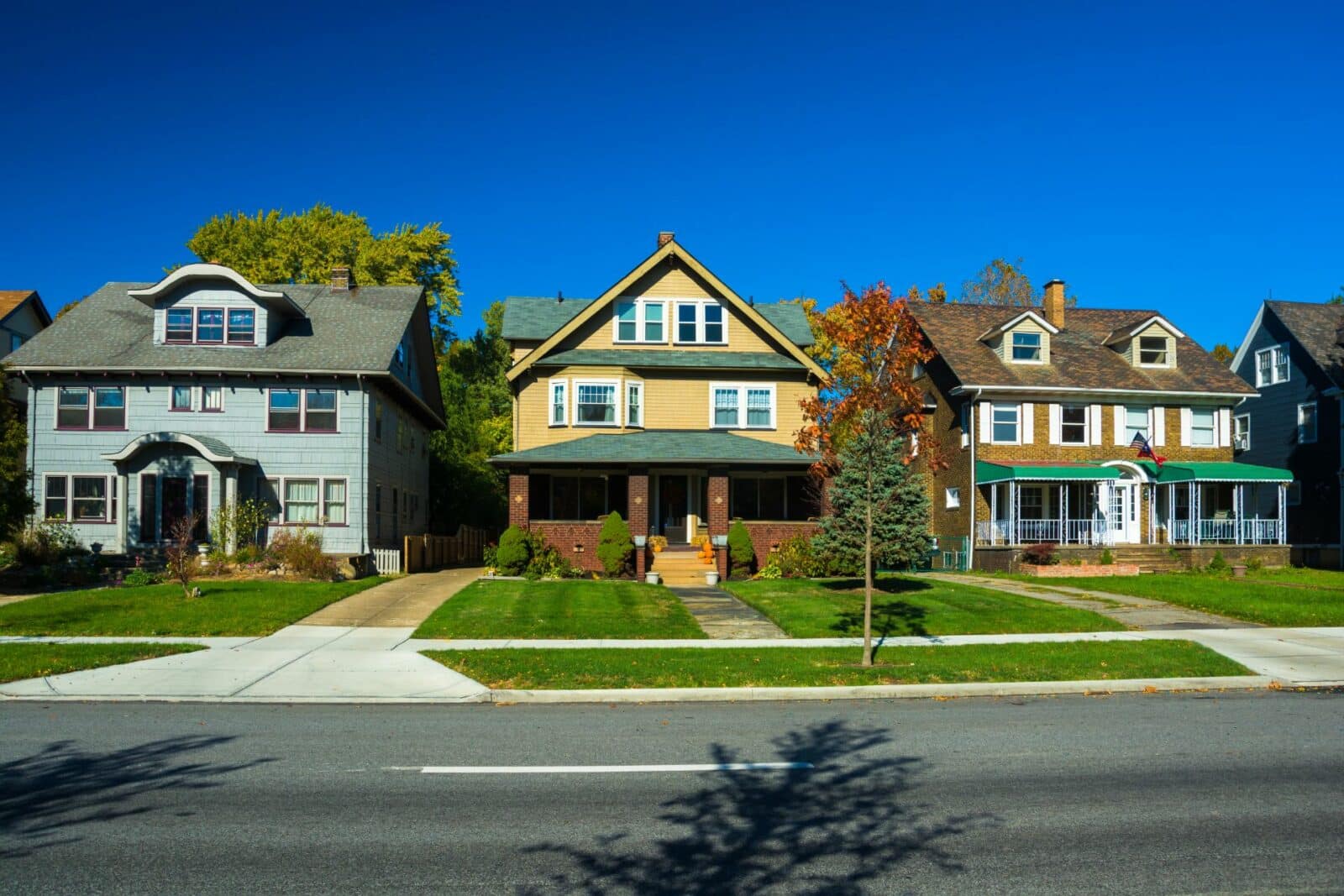A group of Nashville Council members is pushing for changes in the city’s housing policies to facilitate the construction of more middle-income housing. The proposed bills, spearheaded by At-large Council member Quin Evans Segall and District 20 Council member Rollin Horton, aim to address barriers in housing development.
Some of the proposed bills include allowing residential housing in commercial districts, clarifying the definition of “detached accessory dwelling units,” and eliminating lot area minimums for residential multi-family districts. These initiatives seek to streamline permitting processes and promote inclusive housing development in Nashville.
Evans Segall emphasized the need to build housing options that fall between detached single-family homes and mid-rise apartment complexes, often referred to as “missing middle” housing. The primary goal is to control housing costs, which have surged, leading to gentrification and displacing middle- and working-class families.
The bills have garnered both support and opposition from Council members, with various substitutes proposed to exempt specific areas from the proposed changes. Nashville Mayor Freddie O’Connell acknowledges that zoning matters fall under the Council’s domain, expressing anticipation for feedback from relevant departments and Council members.
Among the significant zoning bills under consideration are:
Where can you build duplexes? (BL2024-186): Clarifying eligibility for duplex construction within Nashville’s Urban Services District, aiming to simplify zoning research processes.
Attached multi-family housing on single-family lots: Allowing attached duplexes, triplexes, or quadplexes on single-family lots within the Urban Services District to accommodate diverse housing needs.
Defining ‘detached accessory dwelling units’ (BL2024-184): Standardizing the definition of detached accessory dwelling units to provide clarity and consistency in zoning regulations.
Eliminating minimum lot sizes in multi-family districts (BL2024-188): Removing minimum lot size requirements in multi-family zoning districts to enhance flexibility and streamline housing development.
Housing in commercial districts (BL2024-187): Permitting residential buildings in specific commercial districts to break down rigid separation of uses and promote mixed-use development.
Stairway rule changes could alter how apartments look (BL2024-181): Proposing changes to building codes to allow single-stair apartment buildings up to six stories, aiming to increase housing options and affordability.
Pick-a-pattern housing: Introducing a resolution to create a “pattern book” of medium-density floor plans and instructions for Metro approval, offering developers pre-approved designs for non-single-family homes.
Other proposed changes include allowing bars and nightclubs in industrial areas and permitting larger daycare centers in commercial and multi-family zones. Additionally, there is a suggestion to remove washer/dryer hookup requirements in certain homes.
The proposed changes seek to address affordability issues and promote a diverse range of housing options in Nashville, acknowledging the evolving needs of the city’s residents.
Related posts:
 Surge in US Housing: A Close Look at the November 2023 Boom
Surge in US Housing: A Close Look at the November 2023 Boom
 Seattle Fort Lawton Housing Plan Revision: A New Vision for Affordable Living
Seattle Fort Lawton Housing Plan Revision: A New Vision for Affordable Living
 2024 Real Estate Recession Warning: A Closer Look at the Housing Market Dynamics in Arizona
2024 Real Estate Recession Warning: A Closer Look at the Housing Market Dynamics in Arizona
 Housing Market Crash in 2024: Unpacking the Truth Behind Rising Concerns
Housing Market Crash in 2024: Unpacking the Truth Behind Rising Concerns
 New Construction Homes Sales Increase in 2024: A Look into the Rising Trend
New Construction Homes Sales Increase in 2024: A Look into the Rising Trend



